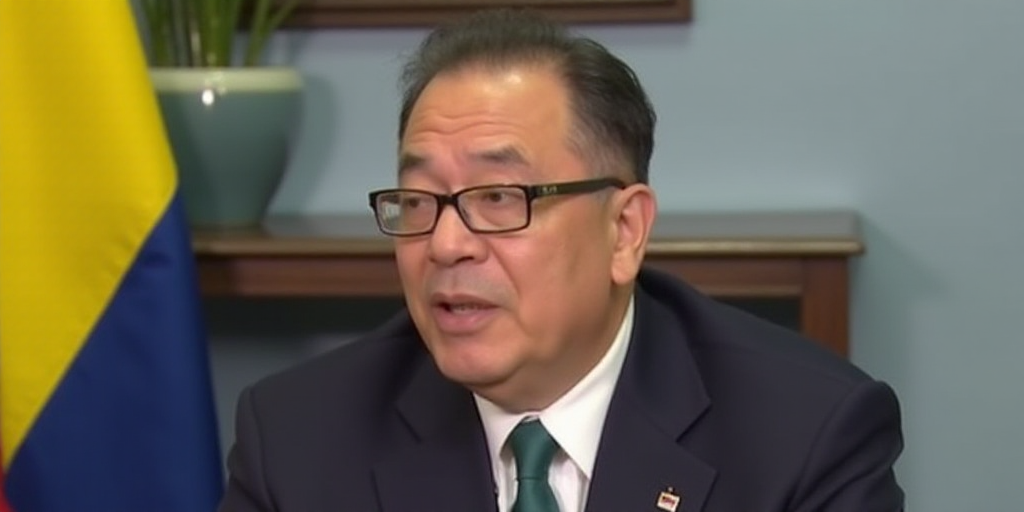Background on Gustavo Petro and His Relevance
Gustavo Petro, the current President of Colombia, is a prominent left-wing politician and former guerrilla member. He has been a strong advocate for social justice, equality, and environmental sustainability throughout his political career. As the President since August 2022, Petro’s policies and statements have significant implications for Colombia’s economic landscape.
Central Bank’s Decision and Petro’s Criticism
Banco de la República, Colombia’s central bank, has decided to maintain interest rates at 9.25%. President Petro criticizes this decision, stating that it will lead to an increase in the deficit due to the lack of a progressive tax reform.
Petro argues that high internal interest rates attract speculative, non-productive investment, further enriching the wealthy who own Colombia’s internal debt. Consequently, this results in an increase in public debt due to high-interest rates and a growing internal debt compared to external debt, which stifles productive investment.
Central Bank’s Justification
The Banco de la República defended its decision, citing high uncertainty caused by the United States’ tariff increases and the projected fiscal deficit for the current year and upcoming years. The central bank emphasized that this fiscal situation poses a challenge to public finance sustainability and limits the room for monetary policy relaxation.
Petro’s Proposed Solution
In response to this issue, Petro has proposed that the upcoming budget should include separate allocations for subsidizing interest rates in agriculture and industry. This initiative aims to support small and medium-sized agrarian and urban entrepreneurs, industrial exporters, and cooperatives.
Key Questions and Answers
- What is the main concern of President Petro regarding the Central Bank’s decision? Petro is worried that maintaining high-interest rates will lead to an increased deficit, as it attracts speculative investment rather than productive investment and disproportionately benefits the wealthy.
- Why did the Central Bank decide to keep interest rates at 9.25%? The Banco de la República maintained the rates due to high uncertainty caused by U.S. tariff increases and projected fiscal deficits, which pose challenges to public finance sustainability.
- What solution has President Petro proposed to address the issue? Petro advocates for allocating parts of the upcoming budget to subsidize interest rates in agriculture and industry, supporting small and medium-sized entrepreneurs as well as industrial exporters and cooperatives.






